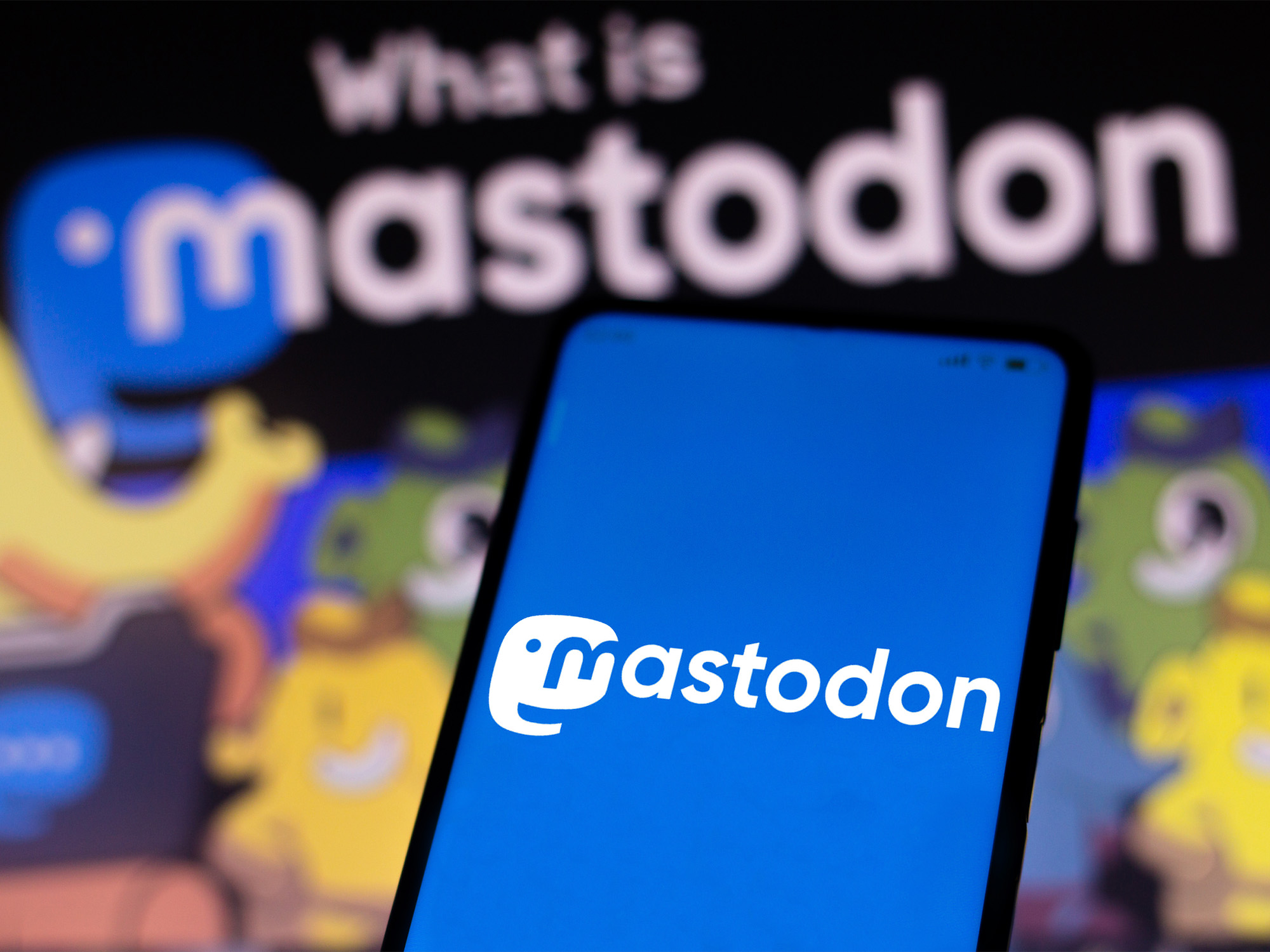

After launching last week, Meta’s Threads app now has more than 100 million users. It’s a dramatic launch for the Twitter competitor and it will soon be the largest social network to use the open ActivityPub protocol. Here’s what that means for you.
ActivityPub is a “decentralized social networking protocol” standard developed by the World Wide Web Consortium (W3C), the group responsible for many of the standards that make the modern web work, like HTML and CSS. It’s basically a pre-designed social networking architecture that developers can use to create services similar to Twitter, Facebook, and Instagram—but much more open. Right now, the biggest social network to use it is Mastodon but Meta has promised to add support for ActivityPub to Threads. This would allow the two social networks to interoperate in ways we haven’t seen with major social platforms before.
ActivityPub is designed to enable “the Fediverse,” or a series of decentralized social networks. The idea is that instead of your Facebook Posts, Twitter Tweets, and YouTube videos being locked inside their respective walled gardens, your Mastodon Toots would also be available in Threads. Similarly, your followers wouldn’t be locked into one app and nor would the list of people you follow. You’d basically be able to switch between Fediverse-compatible social networks as you like. While different apps and services could look different and have different features and moderation policies, the data contained within these sites, such as user-generated content or the network of followers and followings, would be available through any ActivityPub-supporting service.
On a technical level, ActivityPub is pretty simple. It’s essentially a set of rules that allows decentralized servers to share posts in a standardized format and enables users to use client apps to receive that information from the relevant servers. It’s really similar to the way that Facebook, Instagram, and Twitter currently work, except open to the wider web.
Crucially, ActivityPub allows for true interoperability. The magazine app Flipboard integrates with Mastodon using ActivityPub. Federated Mastodon Toots appear like Flipboard posts in the app and, if you like them or comment on them, the like also appears on Mastodon and the comments get posted as replies on the original Toot. In other words, you can use Flipboard to follow and interact with people on Mastodon without having to use a Mastodon app. It’s as if you can see Tweets on Instagram.
As well as Mastodon and Flipboard, there are a couple of other ActivityPub-based social networks under development. Pixelfed is a decentralized Instagram alternative while PeerTube is a decentralized take on YouTube. The biggest news for the Fediverse, though, is Threads.
While Threads launched last week without support for ActivityPub, Meta plans to add it. In a post on Threads, Adam Mosseri, head of Instagram, wrote: “We’re committed to building support for ActivityPub, the protocol behind Mastodon, into this app. We weren’t able to finish it for launch given a number of complications that come along with a decentralized network, but it’s coming.”
This will be huge for The Fediverse. Mastodon, the current face of ActivityPub, had less than 2 million users earlier this year—even after hundreds of thousands of people flocked to it from Twitter. Less than a week after launching, Threads has more than 100 million users. How many will stick around remains to be seen, but unless things go wildly bad in the coming months, Threads is likely to become the dominant Fediverse player once the integration launches.
Of course, not everyone is happy about Meta moving into ActivityPub. Some Mastodon administrators are signing a pact agreeing to block Threads from interacting with the servers they control—something that’s possible because of Mastodon’s decentralized nature.
In a blog post addressing Threads, Eugen Rochko, founder and CEO of Mastodon, takes a different tact. While attempting to allay Mastodon users fears that Meta joining the Fediverse will allow them to be tracked, or that Threads will somehow undermine the ActivityPub standard, he writes:
“We have been advocating for interoperability between platforms for years. The biggest hurdle to users switching platforms when those platforms become exploitative is the lock-in of the social graph, the fact that switching platforms means abandoning everyone you know and who knows you. The fact that large platforms are adopting ActivityPub is not only validation of the movement towards decentralized social media, but a path forward for people locked into these platforms to switch to better providers. Which in turn, puts pressure on such platforms to provide better, less exploitative services. This is a clear victory for our cause, hopefully one of many to come.”
ActivityPub isn’t the only attempt to create an open social networking protocol. Bluesky, another Twitter competitor that’s still in private beta, has developed the AT Protocol, which also allows for federated social networks. Its most interesting feature is that it allows users to select what algorithm they want to sort their social feeds. While it’s a cool idea, the service has only just reached a million users in approximately four months.
Obviously, the social networking space is undergoing a major shakeup. Twitter under Elon Musk’s chaotic reign has seemingly created an opportunity for an alternative microblogging service. With Threads and Mastodon both embracing ActivityPub, it might not be one platform that wins out—but an open standard.
